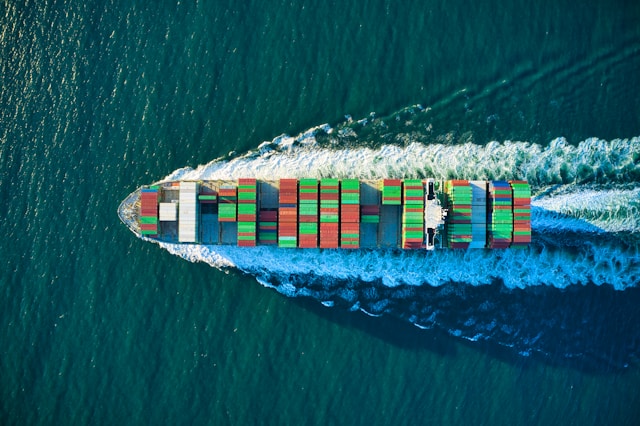In an unexpected turn of events, the Houthi rebels have emerged as a significant maritime threat, catching many by surprise.
Over the past four months, they have targeted 57 vessels in and around the Red Sea, disrupting crucial waterways responsible for 15% of global trade. The Suez Canal, a major maritime route, has been virtually shut down for significant traffic.
The UK is particularly vulnerable to such disruptions, with three vital choke points— the Faroes Gap, the Straits of Denmark, and the Dover Strait— in close proximity. The Houthi campaign commenced with the hijacking of the Isle of Man-registered Galaxy Leader, revealing the ease with which maritime banditry can exploit vulnerabilities.
The Houthi operations showcase their adept deployment, concealed bases, and innovative guidance systems for drones and missiles, surprising Western allies. The political motives behind their actions are convoluted, ostensibly targeting pro-Israeli interests to influence the situation in Gaza. The extent of their alignment with Iran and Hamas remains unclear.
The message from the Houthi actions is straightforward: major maritime choke points are susceptible to determined maritime banditry, emphasising the vulnerability of global trade routes. This vulnerability is not new, with historical instances of piracy in the straits of Malacca and Sunda and the Red Sea.
The article highlights the significant economic costs associated with maritime disruptions, referencing the Ever Given incident in the Suez Canal. Additionally, the focus shifts to the High Arctic as a new arena for maritime choke points due to global warming, impacting trade routes and requiring strategic considerations.
As maritime commerce continues to thrive, the article emphasises the need for the UK to declare its maritime strategy, considering its ranking as the fifth-largest world commercial maritime power. With the evolution of trade routes, particularly in the Arctic, strategic planning becomes imperative for nations like Britain and China, heavily reliant on maritime trade.





